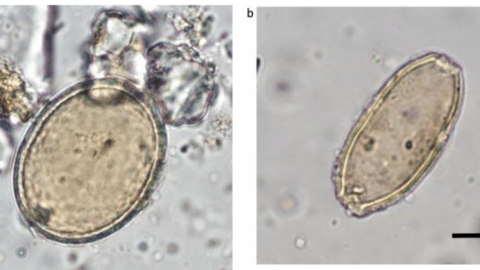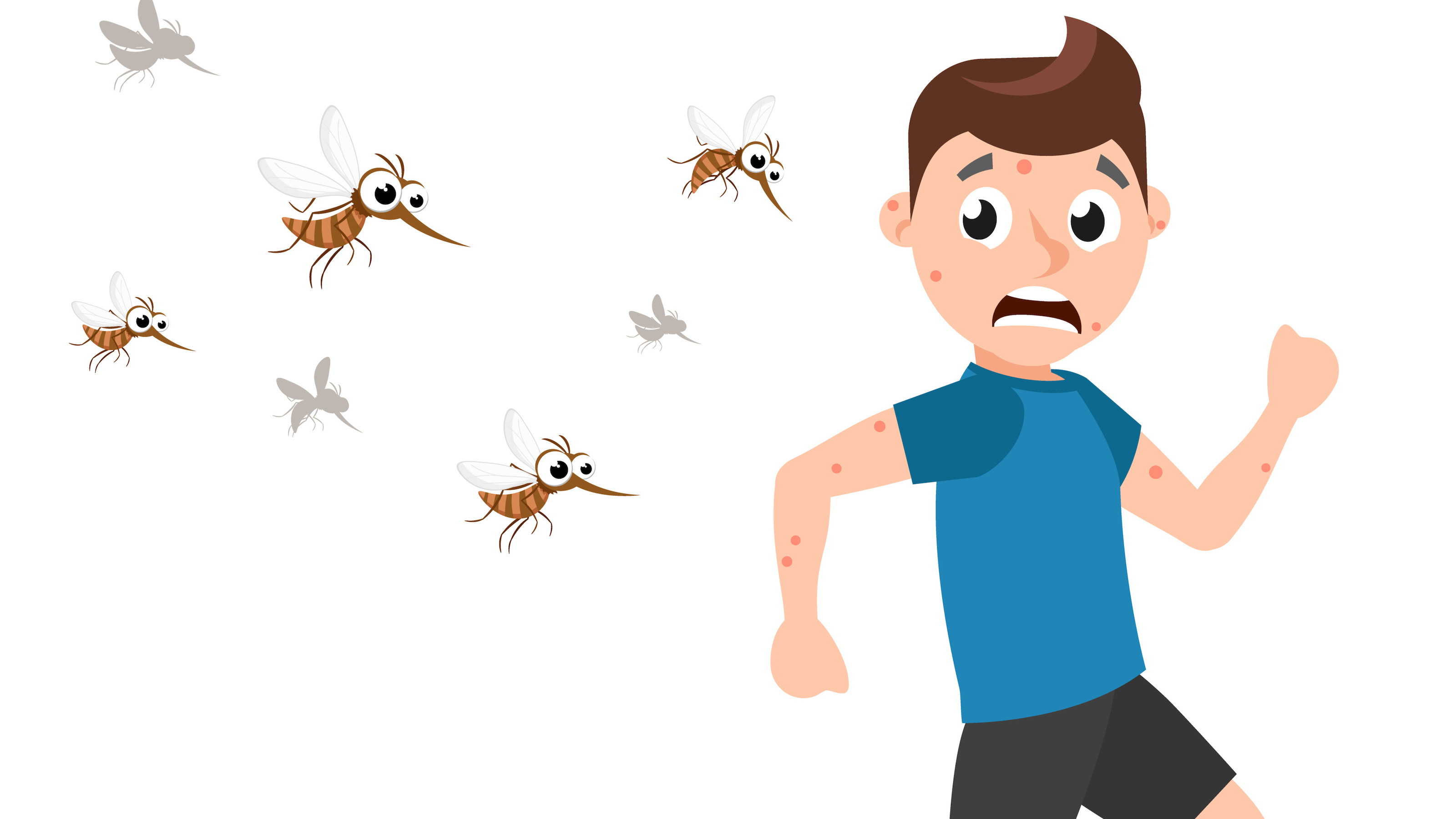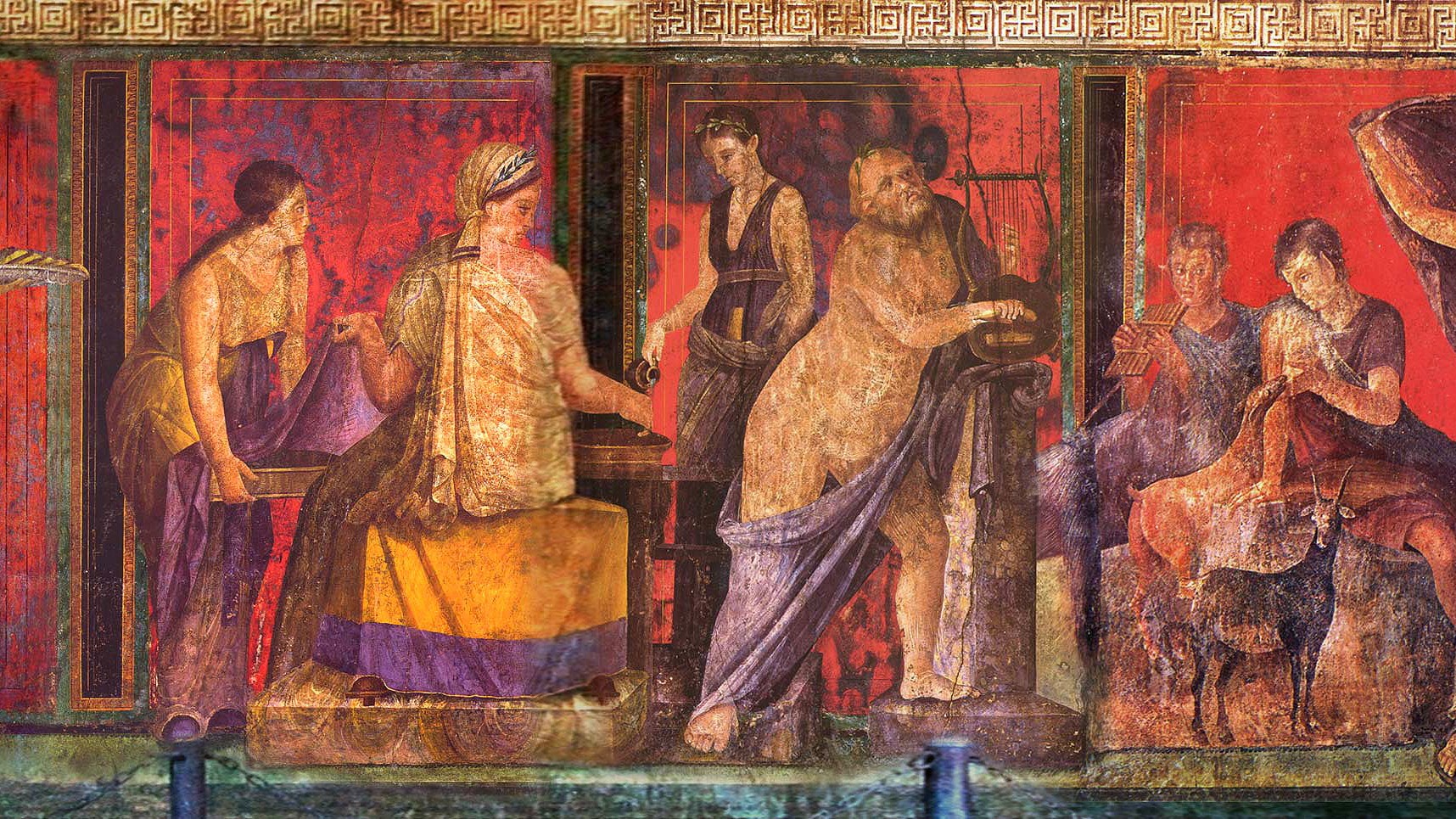Medieval friars were possessed by parasites

- Medieval friars tended to have better hygiene than the general public. They had dedicated latrines and washed their hands regularly.
- Archaeologists found that medieval friars in Cambridge were more likely to be infested with parasites than townspeople.
- Researchers suspect it could be because they fertilized their gardens with human excrement from their latrines.
During a 2017 archaeological excavation, researchers from the University of Cambridge uncovered the remains of 38 skeletons — 19 of which wore the belt buckles of medieval friars. This discovery was unsurprising, considering the Archaeological Unit was excavating an Augustinian friary in central Cambridge, England. However, it was surprising that they uncovered centuries-old parasitic worm eggs just several inches below the rusted belt buckles, indicating that these medieval friars were riddled with parasites.
Hygiene and sanitation in medieval England
By the 13th century, Cambridge was inhabited by around 3,000 people, and hygiene and sanitation were not among their highest priorities. Running water was a luxury that even most aristocratic households didn’t have, and townspeople discarded excrement and garbage in the street or communal holes, called cesspits. Unsurprisingly, infections were common in their era. For example, in 2020, a team of paleontologists analyzed the remains of 159 individuals buried in England during the medieval period and found that 31% of them had roundworm infection when they died.
But not everyone in Cambridge lived dirty lives. Cambridge was also home to numerous ecclesiastical institutions, including the University of Cambridge. As the university gained esteem, it attracted members of various religious orders, particularly friars. These clergymen took vows of poverty and traveled to learn, preach, teach, and treat the sick. Hygiene was necessary for all aspects of monastic life, as it brought the friars closer to God (cleanliness is next to godliness, after all). Consequently, Augustinian friars had some luxurious amenities, including gardens, dedicated latrines, and even running water systems. Thus, archaeologists expected that these Augustinian friars had better hygiene than the Cambridge townsfolk.

Friars were riddled with parasites
Previous studies of human remains from medieval monasteries have shown that the clergy outlived commoners, potentially due to their more nourishing diet and hygiene and safer living conditions. But no one had looked at whether medieval friars were less susceptible to parasites, such as roundworms.
So Piers Mitchell, a paleopathologist at Cambridge, and his colleagues sought to determine if the friars’ lifestyle protected them from parasites such as roundworms and whipworm, which can cause severe damage to the digestive tract. They collected soil around the pelvises of the 19 friar skeletons. Obviously, the parasitic worms rotted away years ago, but worm eggs can persist in the sediment for centuries. They also collected similar samples from 25 skeletons of townspeople of low socioeconomic status who died around the same time and were buried nearby.
Back at the lab, the team analyzed the soil samples under the microscope to search for the eggs of intestinal trespassers. The analysis revealed that at least 11 (58%) of the medieval friars died while harboring parasites, compared to just eight villagers (32%).

“The friars of medieval Cambridge appear to have been riddled with parasites,” said Piers Mitchell from Cambridge’s Department of Archaeology. “This is the first time anyone has attempted to work out how common parasites were in people following different lifestyles in the same medieval town.”
Don’t put human feces on fresh produce
Mitchell explains that one possibility for why friars were more infected is that they fertilized their vegetable gardens with human feces from their latrines, which was common in the medieval period. Roundworms lay their eggs in human feces. So if the friars spread feces on growing produce, the eggs could easily make their way into the friars’ stomachs. As the parasites hatched and crawled through the friars’ digestive tract, they would have caused severe abdominal pain and unholy bowel movements. When the worm-infested friars exorcised their gastrointestinal contents into the latrine, they helped disseminate roundworm eggs into the friary’s stockpile of manure. That manure would be spread in the garden, and the cycle would continue.
Scientists know less about the manuring practices of the townspeople. But without access to latrines, they may have been less likely to utilize human excrement for their gardens. Lucky them.





